
Nicole Schlogel is a midwife with over 16 years experience and is the founder of The Pregnant Vegan, a program which aims to give expecting mothers autonomy over the choices they make during their pregnancies, from nutrition, to medication, to birth. Below she discusses some of the challenges faced by those following a vegan lifestyle during pregnancy. To find out more about the programme and for more support visit her website thepregnantvegan.com
Challenges surrounding your diet
Have you ever googled ‘Vegan Pregnancy’?
If you are not currently pregnant and observing a vegan lifestyle or planning on transitioning to one, chances are that you haven’t.
If you are a pregnant vegan, then you probably have taken a deep dive into the internet and possibly scared yourself into doubting your vegan lifestyle during pregnancy.
As a vegan midwife with a business specialising in vegan pregnancy, I do this search regularly. Every time I am shocked at what I find at first glance.
Today, this came up on top:
‘Risks of a Vegan Diet During Pregnancy
…, it will likely lack essential nutrients. Vegan diets that lack in nutrients such as protein, vitamin B12, vitamin D, calcium, DHA, And iron increase the risk that your baby may have low birth weight or birth defects.’
This article was linked to WebMD.com and when you actually read it all, it transpires that a vegan diet in pregnancy offers a variety of health benefits! You wouldn’t think it at first glance though.
No wonder most people assume that a vegan pregnancy is not a good idea.
In my experience, the perception that a vegan or plant based diet in pregnancy is outright dangerous is the biggest hurdle to having an enjoyable and stress free vegan pregnancy.
This perception makes those around a pregnant vegan feel entitled to pass comment about their food choices.
It is what I found in my own pregnancy 21 years ago and it is what draws me to this work.
In reality any pregnant woman and pregnant person who lacks the above mentioned nutrients will face the same ‘increased risk of having a baby with a low birth weight or with birth defects’.
Health is what we need to focus on, not whether a person consumes animal products
It stands to reason that pregnancy is a time in life when you want your body at peak health.
Nutrition is a big factor here.
In the UK we get very little education on nutrition and our supermarkets are full of processed high sugar foods. As a midwife, I meet many non-vegan women and pregnant people who eat ready meals every day and very little ‘real’ food.
This will lead to health issues. If not now then down the line. Pregnancy is a great time to start learning how to meal plan and prepare healthy foods if you are not already in the habit of it.
Unfortunately there are few NHS services that teach people basic diet and health concepts and there is very little guidance on a well balanced vegan diet in the NHS.
What are the special considerations for pregnant vegans?
Let’s go through the nutrients listed in our google search.
Protein
When you first start your vegan journey, very often you just leave out the animal based foods and you don’t focus so much on how to replace them. This leads to meals that are mainly based on carbohydrates.
There’s nothing wrong with carbohydrates per se but they cannot be the only macronutrient represented on your plate. You need protein and fat as well. The standard recommendation is that you get at least 0.75 g of protein per kg of body weight plus an extra 6g in pregnancy.
That is likely to amount to at least 60 g per day in early pregnancy increasing to 100g by the end of your pregnancy. Sources of protein include tofu, tempeh, seitan, nuts, beans, lentils and grains.
Vitamin B12
Vitamin B12 is hard to find in plant based food. The good news is that most plant milks are fortified. Nutritional Yeast and marmite are also fortified. So if you make a point of including fortified foods in your daily menu then you are unlikely to become deficient in Vitamin B12. If you want to be sure, you can supplement with a good pregnancy vitamin supplement. Because of these options, vegans are less likely to be deficient in Vitamin B12 than people on a conventional diet (Vegan Society).
Calcium
You can get all the calcium you need on a vegan diet. Green leafy vegetables, pulses, tofu, sesame seeds and fortified plant milks are all plant based sources of plant milk.
Vitamin D
Low Vitamin D concentration in the blood is relatively common in the UK, especially in the winter. Sunlight is a reliable source of Vitamin D and spending time outside is one way of replenishing Vitamin D levels. As a result our Vitamin D levels are higher in the summer. The Scientific Advisory Committee on Nutrition (SACN) states that in the winter up to 4 out of 10 adults are low in Vitamin D.
Dietary sources of Vitamin D on a vegan diet are limited to fortified cereals, margarine and supplements. There is Vitamin D2 and Vitamin D3. Vitamin D3 is always animal based whereas Vitamin D2 is plant based. When you buy a supplement be sure to check before you buy. Vitamin D2 is generally the one that foods are fortified with but it is always worth checking.
Vitamin D deficiency is thought to increase your likelihood of developing pregnancy complications such as gestational diabetes and pre-eclampsia. It is therefore sensible to supplement during pregnancy.
Iron
There are plenty of vegan sources of iron. Eat lots of beans, lentils, green leafy vegetables, beetroot and seeds. Chia seeds in particular are high in iron and are easy to add to your breakfast. Your care providers will routinely offer you screening for anaemia and they will recommend supplementation if they have diagnosed an iron deficiency anaemia.
DHA
DHA is a long chain essential fatty acid and it is mainly found in seafood. The fish get it from algae and so can humans. Humans can also convert the ALA fatty acids found in seeds and nuts into DHA. The Vegan Society advice that you have a tablespoons full of ground linseeds or chia seeds and six walnuts daily in order to get your daily dose of essential fatty acids. However, you may wish to supplement with vegan Omega 3 DHA suitable for pregnancy.
The verdict on nutritional challenges in a vegan pregnancy
Good nutrition during pregnancy and a well balanced wholesome diet is important in pregnancy regardless of whether you are vegan or not.
A well planned vegan diet offers several health benefits that carry over into pregnancy.
Generally following a vegan lifestyle requires adaptation in the kitchen. It requires you to move away from the typical two veg one meat plate. Your proteins will come from a variety of different foods such as pulses, seeds, grains, nuts, seitan, tempeh and tofu which also offer you other macro nutrients as well.
It may be worth evaluating your nutrition and decide if you would like to use supplements throughout your pregnancy and afterwards as well.
There are excellent vegan pregnancy supplements on the market to get you all of the micronutrients that you and your baby need.
Challenges surrounding medications and the modern maternity care
Most medicines will have some sort of history around animal testing and some of the medicines that will be offered to you and your baby in the context of childbirth contain animal products.
This topic is complex and everyone will hold their own personal opinions about what they are comfortable with.
A position that I come across often is that people would agree to the use of medicines if there is no alternative. Most plant based parents aim for a birth free from interventions followed by breastfeeding their babies.
The good news is that birth is inherently safe and that a smooth birth is the most likely outcome of a healthy pregnancy. That’s what the evidence points to over and over again.
The bad news is that the maternity systems are not set up for allowing birth to unfold undisturbed. So for the parent to be there is homework to be done!
You need to prepare, learn about childbirth.
Know what to expect. Find a program that helps you look forward to giving birth. Find confidence in your body.
Learn about common interventions, learn when they are offered, what they mean and how to make your decisions in pregnancy and birth.
Find out what intervention rates are in the birth places around you. Find out how many people go home breastfeeding and then continue to breastfeed. There will variations.
Choose your place of birth and care providers wisely.
Challenges around feeding your baby
The most natural and healthy way to feed your baby is to breastfeed, find out more about the benefits of an exclusive breast milk diet here. I have worked with many parents over 16 years and I have provided countless hours of breastfeeding support.
My experience is that with the right preparation and support you will most likely establish feeding. Unfortunately that support isn’t always available via standard NHS care.
Line up your support before the baby is born so that you can access help quickly if you need it. You may wish to find out about lactation consultants in your area in case you need someone to come to you for practical help. The first six weeks are when you establish your supply. The first two weeks are the most important because that’s when you and baby learn to breastfeed.
Vegan Formulas
I get questions about vegan formula milks all the time. Some people simply want a fall back stash of milk close-by and others know they won’t breastfeed their baby.
The soya based formulas available in the UK contain lanolin so whilst they don’t contain dairy, they are not vegan either.
NeoKare’s human milk-derived products available in both powder and frozen format, are changing the landscape for vegan parents drastically by offering a product directly to parents.
Which path to go down will be a personal choice based on preference, weighing up the carbon foot print of importing a milk from another country and your financial situation.
For more information and support for your vegan pregnancy visit thepregnantvegan.com or get in touch with me via hello@thepregnantvegan.com
Best wishes for your pregnancy journey,
Nicole Schlogel
(Midwife, Vegan at The Pregnant Vegan)
Sources:
https://www.webmd.com/parenting/is-it-safe-to-eat-a-vegan-diet-while-pregnant#1



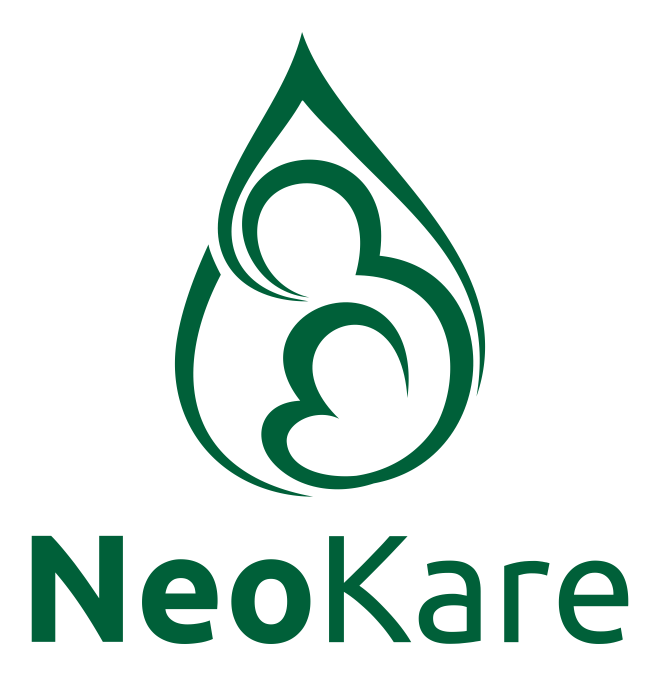
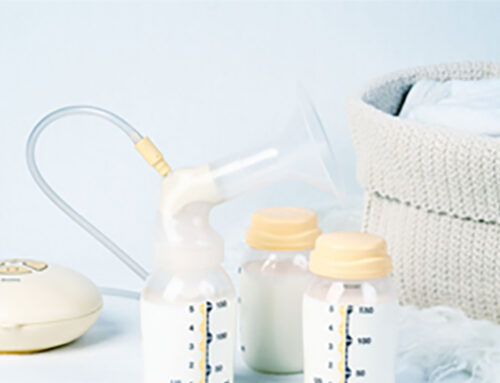
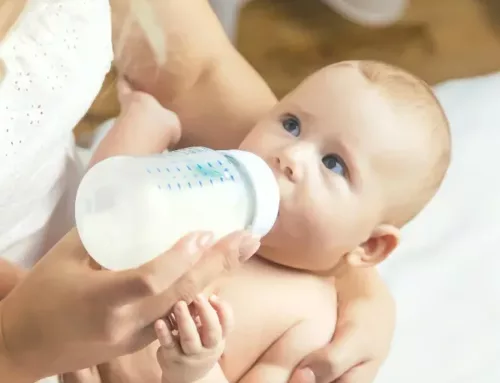
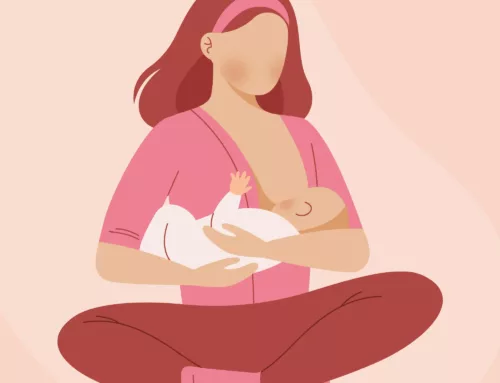
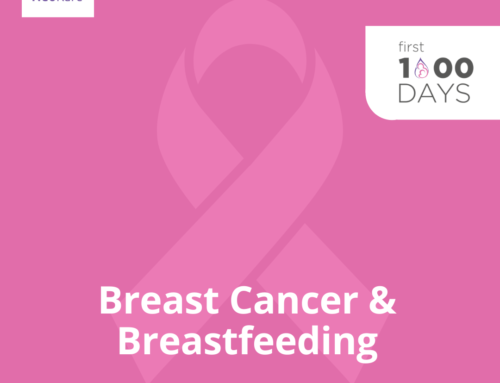

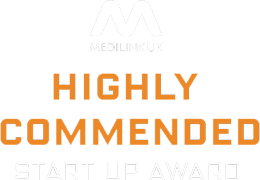
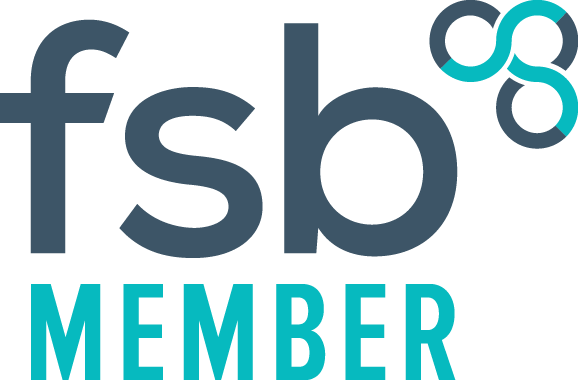
Leave A Comment